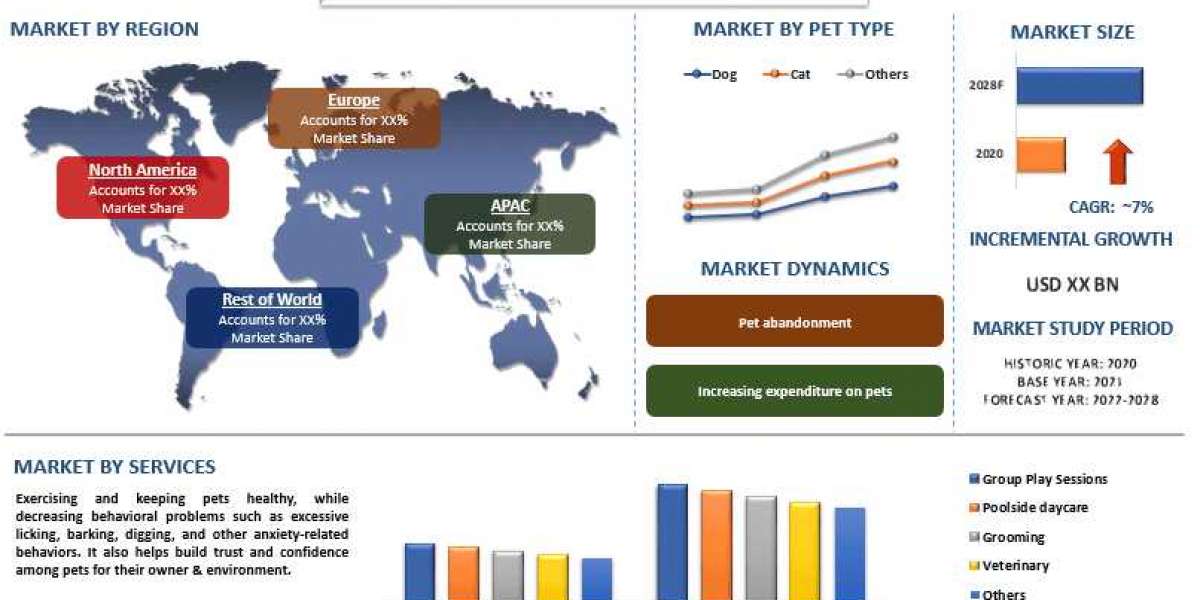In an increasingly digital world where personal information is a prime target for theft, the role of notaries public has become crucial in safeguarding against identity fraud. Traditionally known for their function in witnessing and authenticating signatures on documents, notaries are now playing a more complex role in ensuring the integrity of transactions and protecting individuals from identity theft.
Understanding the Notarial Function
A notary public is an official appointed by the state to serve as an impartial witness in the signing of documents. Their primary responsibilities include verifying the identity of signers, ensuring that they understand the contents of the documents, and affirming that their signatures are made willingly and without coercion. This process helps to prevent fraud and ensures that the documents are executed in accordance with the law.
Preventing Identity Theft
Verification of Identity: One of the most significant ways notaries contribute to preventing identity theft is through rigorous identity verification procedures. Notaries are required to check valid identification documents, such as driver’s licenses or passports, to confirm the identity of individuals before notarizing any document. This process helps to ensure that the person signing the document is indeed who they claim to be.
Preventing Fraudulent Transactions: By witnessing the signing of important documents, such as real estate deeds, financial agreements, or powers of attorney, notaries help to prevent fraudulent transactions. Their role in confirming the identity of all parties involved adds an additional layer of security, making it more difficult for fraudsters to forge documents or impersonate individuals.
Ensuring Awareness and Voluntariness: Notaries must also ensure that the signers understand the nature of the documents they are signing and are doing so voluntarily. This step is crucial in preventing scenarios where individuals might be coerced into signing documents that could later be used to commit identity theft or other forms of fraud.
Challenges and Best Practices
Despite their essential role, notaries face challenges in preventing identity theft. The rise of sophisticated fraud schemes, including fake identification documents and digital impersonation, requires notaries to stay vigilant and updated on best practices.
Best practices for notaries include:
- Ongoing Training: Notaries should participate in regular training to stay informed about new fraud tactics and the latest verification technologies.
- Use of Secure Systems: Implementing secure systems for recording and storing notarized documents can prevent unauthorized access and misuse of information.
- Detailed Record-Keeping: Maintaining detailed records of each notarial act, including copies of identification documents and signatures, can provide a trail of accountability in case of disputes or fraud.
The Future of Notarial Services
As technology advances, the notarial profession is evolving. Digital notarization and electronic signatures are becoming more common, which presents both opportunities and challenges. While digital platforms can offer convenience and enhanced security features, they also require notaries to adapt to new methods of identity verification and fraud prevention.
In summary, notaries public play a vital role in preventing identity theft through their meticulous procedures for verifying identities, ensuring the integrity of transactions, and maintaining awareness of the latest fraud prevention techniques. By continuing to uphold these standards and adapting to new technologies, notaries contribute significantly to the protection of personal information and the prevention of identity theft.







